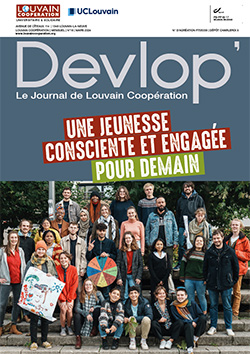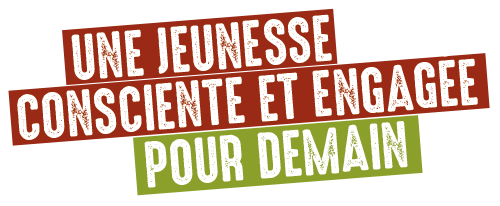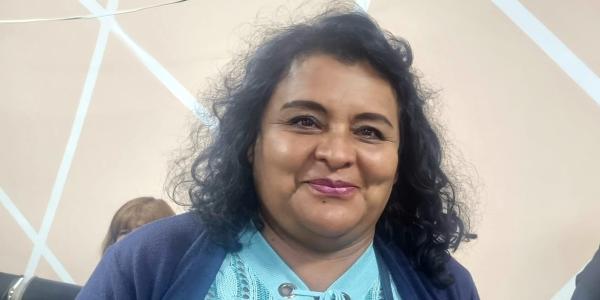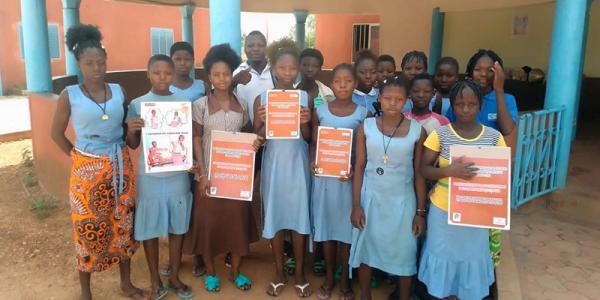No. 18 - A conscious and committed youth for tomorrow

Edito
Empowering young people to bring about real change
Today, the younger generations are rising up for climate justice # ClimateJustice, gender equality #MeToo, migration justice #NotInMyName and anti-racism #BlackLivesMatter, the rise of nationalism in Belgium and the global North, ultra-liberalism and gender discrimination continue to grow (CNCD-11.11.11). These facts fuel the collective imagination of citizens, sow fear and reinforce stereotypes. At the same time, within this same generation, other movements are flourishing that are openly nationalist, racist, homophobic and sexist. Added to this, the development model in the global North, once praised for its efficiency and wealth creation, is increasingly showing its limitations through socio-ecological crises that lead to inequality and the destruction of our planet.
Higher education is not immune to this dysfunction. For example, the increase in tuition fees for foreign students (RTBF), the harassment and sexual assaults that are increasingly coming to light (UCLouvain), the whiteness of the academic body, etc. illustrate these inequalities at the structural level and at the level of Eurocentric epistemologies, thus producing effects of blindness and ignorance.
Through its North programme, Education for Global and Solidarity Citizenship and Continuing Education, Louvain Coopération's mission is to further promote critical thinking around these power relations within the university community, higher education institutions and art schools, and in particular among the student population. Encouraging this critical thinking requires understanding inequalities, which are often cumulative, as a set of inequalities that feed off each other and reinforce each other: ‘they form a system’ (Raymond Boudon and François Bourricaud). By social inequalities, we mean inequalities of resources, gender, knowledge and power. These inequalities dominate our relationships, both in the Global South and in the Global North, and even more so in the relationships between the two. Our programme therefore aims to contribute to the emergence of a whole movement that analyses this system of domination without essentialising it, in order to better deconstruct it, but also to reinvent it, to propose courses of action to students and to support them in the process of change. This movement aims to be both reflective – in contact with the academic world – and action-oriented – together with civil society actors.
Fiona Nziza,
Northern Programme Manager
Receive
the full version
of the Devlop' newsletter
News / Videos - Find out more...




